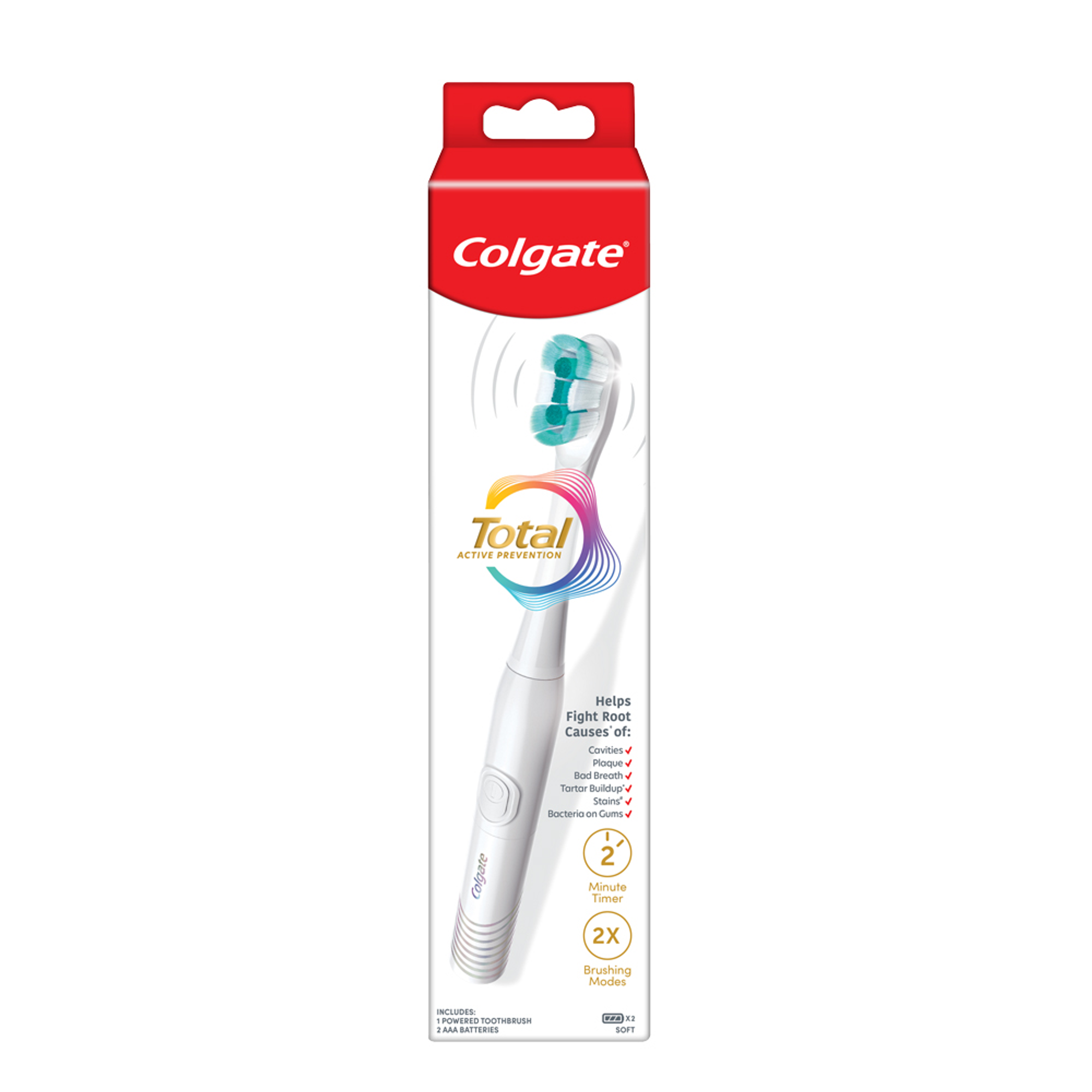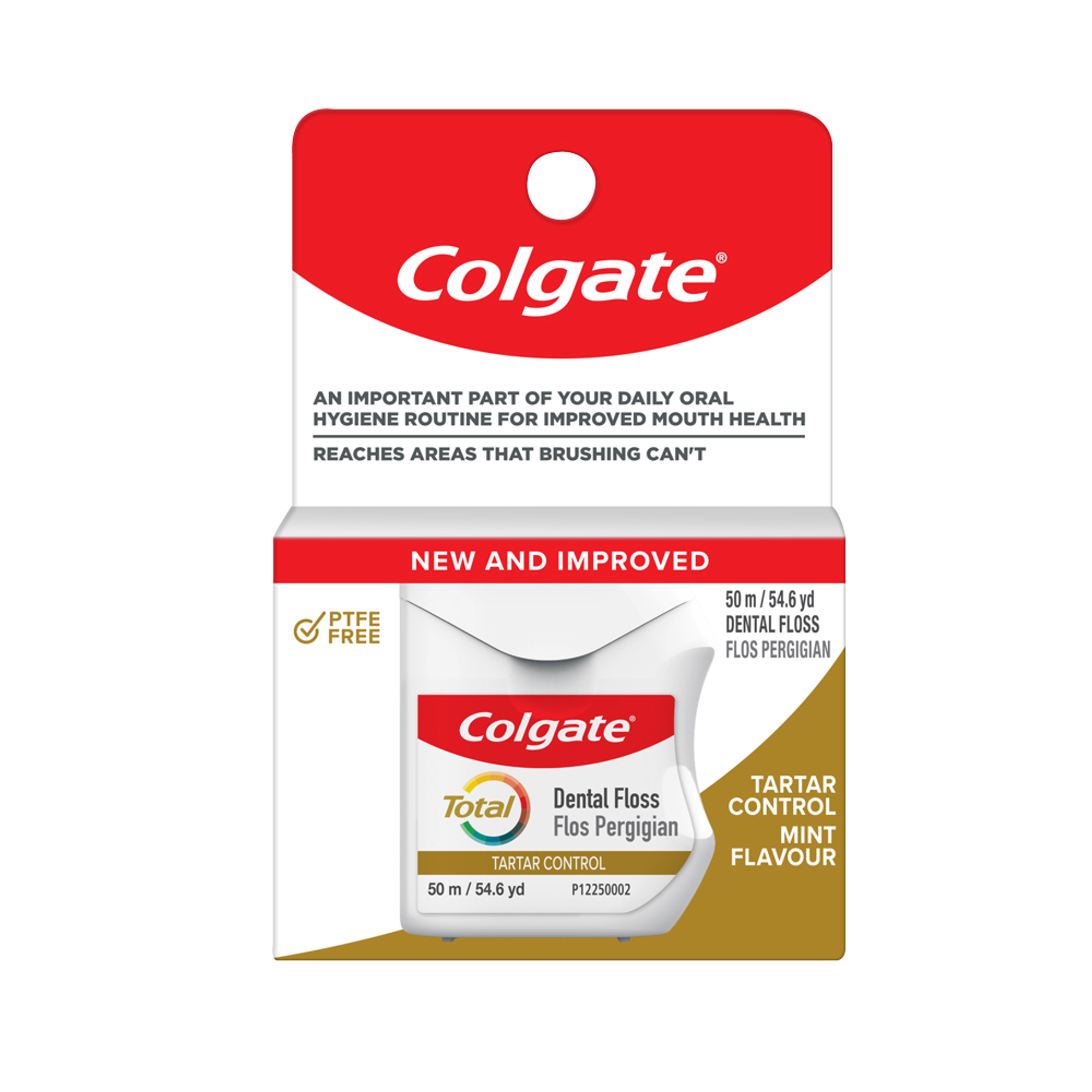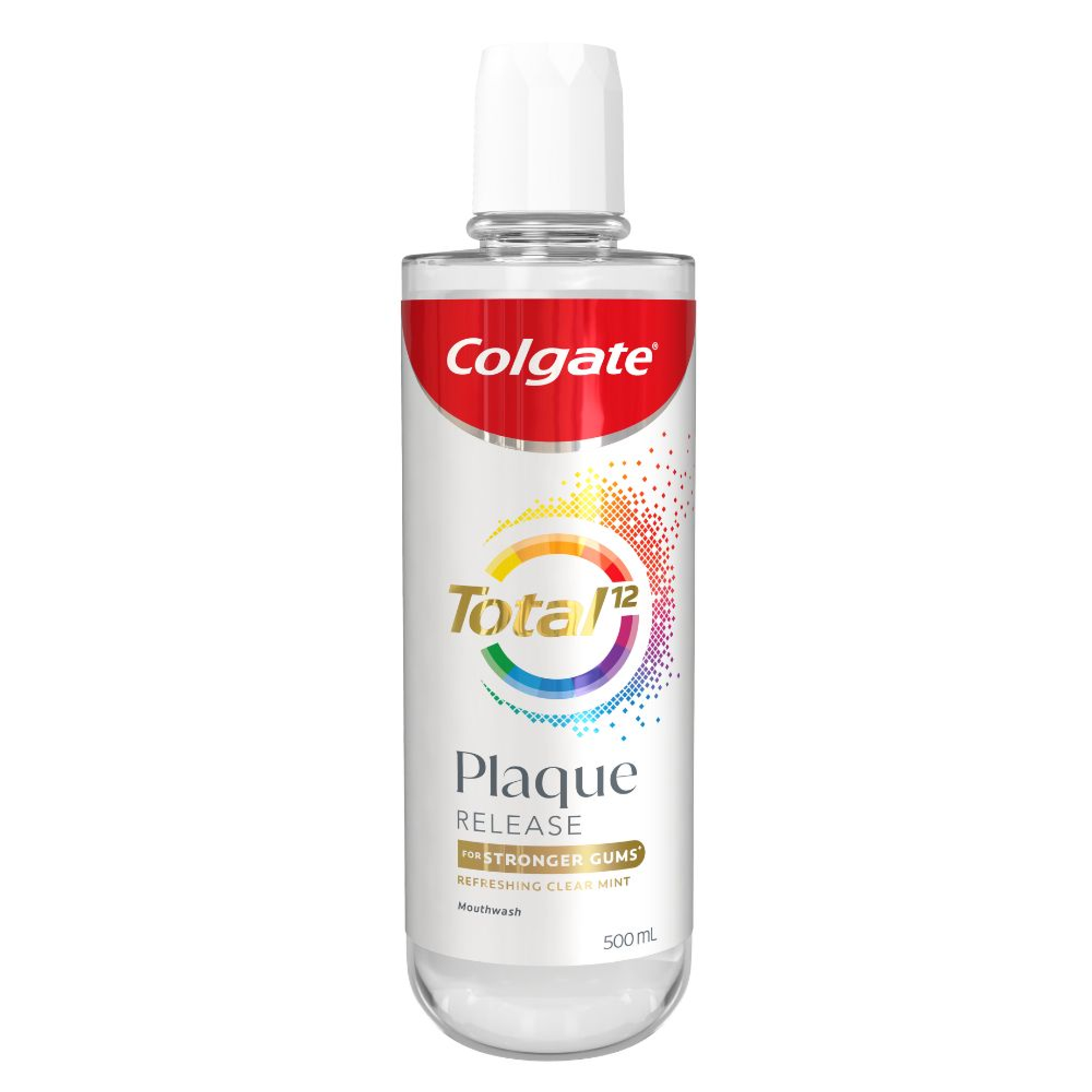Read on to understand the essential aspects of gum disease, including its causes, symptoms, and the effective gum disease treatment options available. Even without traditional dental coverage, you can maintain your gum health and prevent further complications.
What is Gum Disease?
Gum disease, or periodontal disease, is a bacterial infection of the tissues surrounding and supporting your teeth. It often starts with inflammation of the gums (gingivitis). It can progress to periodontitis, a more severe form of gum disease affecting both the soft tissue and bone supporting your teeth. Periodontitis can lead to the formation of gum pockets, resulting in further tissue and bone loss.
As the condition worsens, the infection can cause damage to tooth surfaces, potentially leading to loose teeth and even tooth loss. Consulting a periodontist early on can help determine the appropriate gum infection treatment.
What Are The Main Causes of Gum Disease?
Gum disease can develop due to various risk factors, with the accumulation of dental plaque being one of the major reasons. Below are some of the gum disease causes:
Poor oral hygiene: The most common cause of gum disease is not practising good oral care. Not brushing and flossing regularly can result in plaque buildup on the teeth and gums, which could eventually lead to infection.
Smoking and tobacco use: Smoking can weaken the immune system, which makes it harder for the body to fight off gum infections. Additionally, using tobacco can reduce blood flow to the gums, reducing the healing process and increasing the risk of gum disease.
Genetics: Some individuals may be genetically more prone to gum disease. If you have a family history of periodontal issues, you may be more susceptible to developing gum disease, even with good oral hygiene practices.
Hormonal changes: Hormonal fluctuations, particularly during puberty, menstruation, pregnancy, and menopause, can affect gum health. These changes can increase gum sensitivity and make it easier for gum disease to develop.
Medical conditions: Certain health conditions, such as diabetes, heart disease, and immunity disorders, can increase the risk of gum disease. Diabetes, for example, affects blood sugar levels, leading to gum inflammation and infection.
Nutritional deficiencies: A poor diet lacking the required nutrients, particularly vitamins C and D, can weaken the immune system and contribute to gum disease. Adequate nutrition is important for maintaining healthy gums and overall oral health.
Stress: Consistent stress can negatively affect your immune system, making it harder for your body to fight off infections, including gum disease. Managing stress through healthy practices can be beneficial for your oral health.
Signs And Symptoms of Gum Disease
Gum disease often goes unnoticed in its early stages, but it is crucial to recognise the warning signs before the condition worsens. Here are the important gum infection symptoms that you should never ignore:
Bleeding gums, especially while brushing or flossing.
Red, swollen, or tender gums.
Persistent bad breath (halitosis) even after brushing or using mouthwash.
Receding gums that expose the tooth roots.
Loose or shifting teeth that affect the bite.
Pain or discomfort while chewing.
Formation of pockets between teeth and gums in more advanced stages of gum disease.
Effective Gum Disease Treatment Options
If you are wondering how to treat gum disease, various treatment options are available to prevent the damage caused and further progression. The treatment usually depends on the severity of the condition and the extent of its effect. Here are some of the most effective treatment options for gum disease:
Scaling and Root Planing: Being a nonsurgical treatment, scaling involves removing the buildup of tartar, while root planing smooths the tooth’s root surfaces to help gums reattach and heal properly. This deep cleaning is often effective in treating mild to moderate gum disease.
In advanced cases of gum disease, apart from dental cleaning, surgical treatments might be necessary. Some of the invasive procedures include:
Flap Surgery: The gums are lifted back to remove tartar deep below the gumline and then stitched into place to allow proper healing.
Bone and Tissue Grafts: If gum disease has caused significant damage, bone grafting or tissue grafting procedures may be performed to regenerate lost bone or gum tissue.
Guided Tissue Regeneration: This procedure involves placing a special fabric between the bone and gum tissue, allowing new bone and tissue to grow in areas damaged by gum disease.
How to Prevent Gum Disease
The answer to the question of how to prevent gum disease lies in maintaining good oral hygiene and adopting healthy lifestyle habits. Here are some simple yet effective steps that you can follow to reduce the risk of developing gum disease:
Brush your teeth at least twice a day using a soft-bristled toothbrush and fluoride toothpaste.
Floss your teeth once daily to clean between your teeth where your toothbrush cannot reach.
Rinse with an antimicrobial mouthwash regularly to reduce the bacteria in your mouth.
Schedule regular dental checkups with your dental hygienist to get timely professional cleanings to prevent gum disease.
Avoid smoking and tobacco use, as it can weaken your immune system and increase the risk of gum disease.
Eat a balanced diet rich in vitamins and minerals for maintaining healthy gums.
Manage other underlying health conditions, which can increase the risk of gum infection.


Plaque Release
Remove 3x more bacterial plaque and protect your gums with Colgate Total Plaque Release Toothpaste.
Affordable Dental Care Solutions When You Don’t Have Dental Insurance
Dealing with gum disease without having dental insurance can be challenging. It is crucial to seek gum disease treatment as soon as possible to improve your chances of saving your teeth and health. Finding cheap gum disease treatment options could take time, but several affordable solutions are available to help you manage your oral health without compromising on quality. Here are some effective ways to access dental care without insurance:
Dental Clinics at the National University of Singapore (NUS): The National University of Singapore offers affordable dental care through its clinics. Here, undergraduate dental students provide a range of services under the careful supervision of experienced, registered dental professionals. While the cost is significantly lower than standard dental clinics, the quality of care remains high. Students gain practical experience, while patients benefit from affordable treatment for issues such as gum disease, cleanings, and other general dental procedures.
Community Health Assist Scheme (CHAS): For Singaporean citizens from lower- to middle-income households and for all Pioneers, the Community Health Assist Scheme (CHAS) provides subsidised dental care services. This program helps to reduce the financial burden of gum disease treatment along with other dental procedures. You can receive necessary treatment at a reduced cost through this scheme, making it a more accessible option for those without insurance.
To conclude, identifying gum disease early on is crucial for maintaining both your oral and overall health. Gum disease can affect your teeth and lead to serious health issues if not treated in time. Even without dental insurance, there are affordable and effective gum disease treatment options available to help you manage the condition and prevent further complications. Practising proper oral hygiene and seeking timely care can help protect your gums and affected teeth, reducing the risk of gum disease contributing to systemic diseases. Learn more about how to treat gum disease in Colgate’s Oral Care resources.
Frequently Asked Questions
How to fix gum disease without a dentist?
If you are wondering how to cure gum disease without a dentist, you can practise oral hygiene habits by brushing daily, flossing, and using mouthwash. However, for more severe cases like periodontitis, professional periodontal treatment might be necessary.
What’s a good home remedy for gum disease?
A good home remedy for gum disease is rinsing your mouth with a salt water solution, which helps reduce inflammation and bacteria. Oil pulling is also a good option for gum disease self-treatment, as it can help remove plaque and support gum health.
What is the best cure for gum disease?
The best cure for gum disease involves professional dental treatment, such as scaling and root planing, along with practising good oral hygiene at home. Regular brushing, flossing, and using an antimicrobial mouthwash are important for preventing its recurrence.
Can gums recover from gum disease?
Gums can recover from gum disease if caught in the early stages. However, in severe cases of gum disease, recovery may not be possible, as there could be significant damage to the gums and supporting structures, which usually requires degenerative gum disease treatment.














